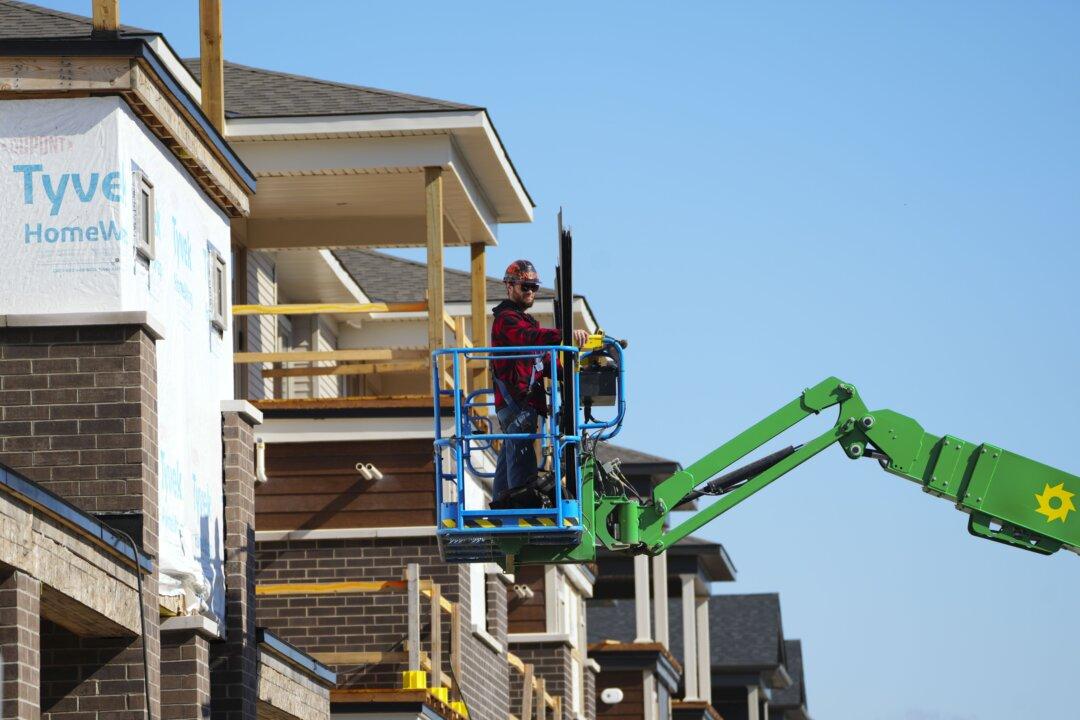Commentary
Canada’s housing affordability challenges are about to get a whole lot worse soon. While the Canadian government has set immigration targets at 500,000 people per year, anticipated new home construction is expected to fall short of national needs by 100,000. Governments at all levels need to address this issue before it becomes a full-blown crisis. Unfortunately, governments aren’t typically inclined to turn on a dime with policies, especially when ideology is at play.





